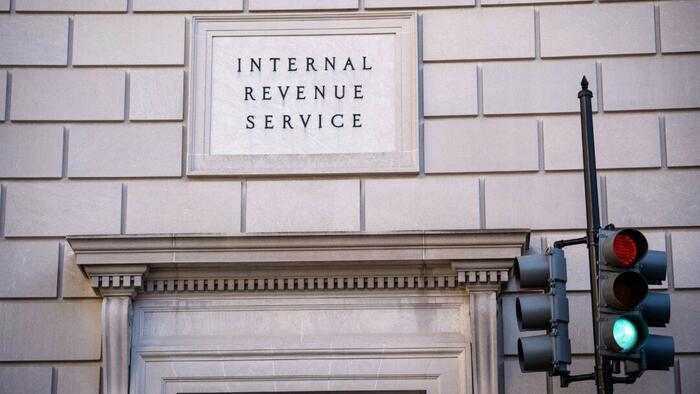On October 23, 2023, the Internal Revenue Service (IRS) announced the reinstatement of the higher reporting threshold for Form 1099-K, restoring the pre-2021 standard. This change comes as part of the One Big Beautiful Bill Act, signed into law by President Donald Trump on July 4, 2025. The new regulations reverse the significant reductions implemented during the Biden administration, which had lowered the reporting threshold to $600.
Form 1099-K is used by individuals earning income through gig work or online sales, requiring third-party settlement organizations (TPSOs) to report the total payments made for goods and services. Major platforms including Amazon, eBay, PayPal, and Venmo are obligated to send copies of this form to both the IRS and the taxpayers involved.
Return to the Pre-2021 Standard
Prior to 2021, TPSOs were required to issue a Form 1099-K when a seller’s gross payments exceeded $20,000 and the number of transactions surpassed 200 in a given year. However, the American Rescue Plan Act, enacted in March 2021, drastically lowered this threshold to $600 for any single transaction. This change drew widespread criticism from taxpayers, digital payment platforms, and small business advocates who argued it would burden casual sellers with excessive paperwork.
The IRS had initially proposed a phased approach to the new limit, intending to gradually increase the threshold to $5,000 in 2024, $2,500 in 2025, and ultimately $600 in 2026. However, the One Big Beautiful Bill Act permanently repealed these planned reductions, reinstating the original reporting requirements.
Moving forward, TPSOs must now issue Form 1099-K only when both of the following conditions are met: gross payments to a payee exceed $20,000, and the total number of transactions exceeds 200. While this restores clarity for many, it is important to note that some states may maintain their own lower thresholds.
Tax Obligations Remain Unchanged
Despite the changes in reporting requirements, the IRS has clarified that all income remains taxable, regardless of whether a Form 1099-K is received. The agency stated, “All income, no matter the amount, is taxable unless the tax law says it isn’t—even if you don’t get a Form 1099-K.” This includes income derived from cash, property, or services exchanged for goods or labor.
The Coalition for 1099-K Fairness, representing various payment platforms and advocates for small businesses, welcomed the reinstatement of the pre-2021 threshold. The coalition argued that the $600 rule posed risks of overwhelming small businesses and individuals using payment applications with confusing tax forms, exposing millions of transactions to unnecessary scrutiny. They stated that restoring the previous standard brings “clarity and consistency back to hardworking Americans and reduces administrative waste for both taxpayers and the IRS.”
The IRS also reiterated that personal transfers, such as gifts, reimbursements, or shared expenses, should not trigger reporting requirements for Form 1099-K. Examples include splitting a meal bill, receiving birthday money, or being reimbursed by a roommate for shared living expenses. Users are encouraged to label these transactions as “non-business” within their payment applications when applicable.
For taxpayers who receive a Form 1099-K in error, the IRS advises contacting the issuer listed in the upper-left “Filer” section of the form to request a corrected version. It is recommended to keep the original form and any related correspondence for record-keeping purposes. Taxpayers should also file their returns on time, even if a corrected form cannot be obtained before the filing deadline.
The reinstatement of the $20,000 and 200-transaction threshold marks a significant shift in tax reporting for gig workers and small sellers, reflecting ongoing debates about taxation in the digital economy. As taxpayers adjust to this change, understanding the nuances of tax obligations remains essential.






































































